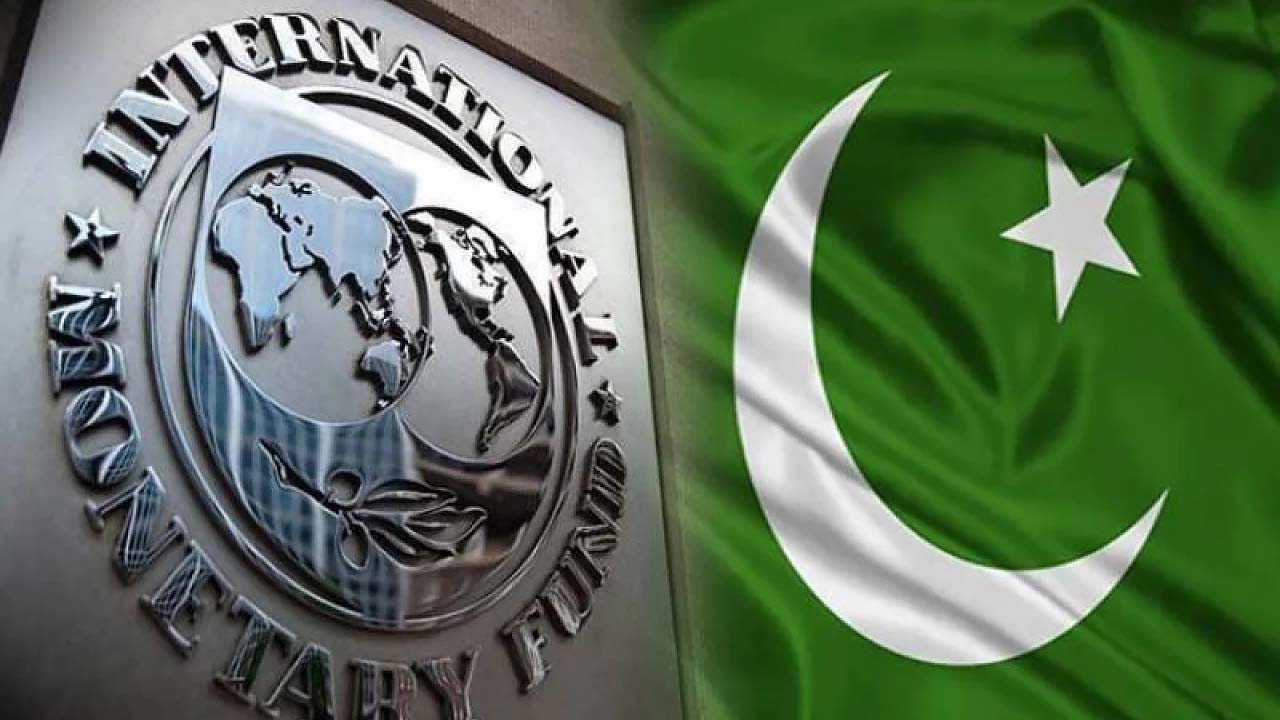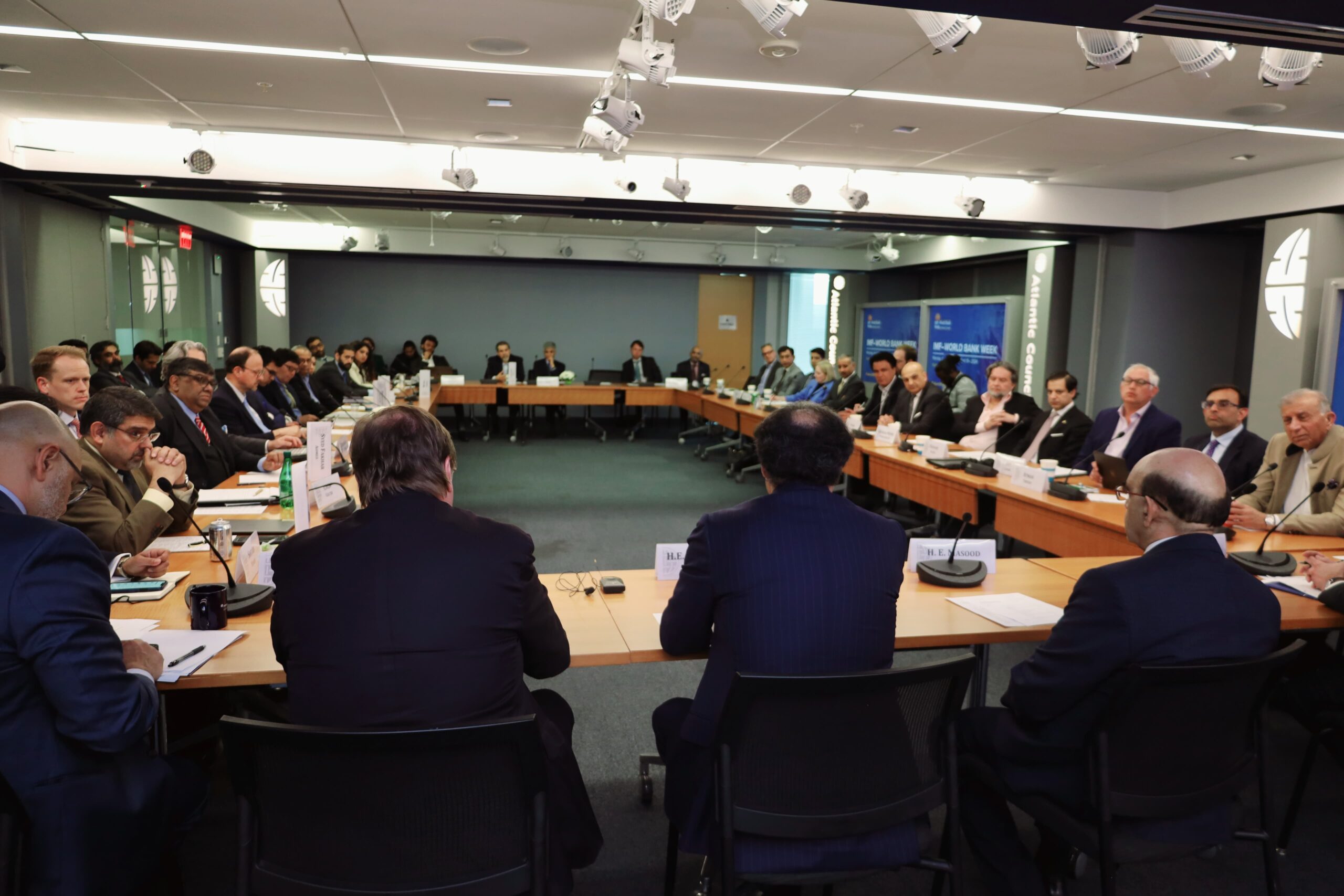The International Monetary Fund (IMF) has identified significant loopholes in Pakistan’s efforts to boost its export volumes. In a recently released report handed over to the Pakistani government, the IMF detailed various challenges and obstacles that have hindered the country’s export performance, revealing the urgent need for strategic reforms.
According to the IMF’s findings, Pakistan’s failure to increase its exports stems from several critical factors, including restrictions on payments, obstacles in imports, and unfavorable exchange rates. These issues have collectively stifled the country’s ability to compete effectively in the global market. The IMF report suggests that Pakistan must align its trade policies with global market trends to improve both exports and imports.
One of the key recommendations from the IMF is the necessity for value addition in local industries. The report emphasizes that Pakistan must enhance the production capabilities of its industries by adopting modern technology. This technological upgrade is essential for improving the quality and value of Pakistani products, making them more competitive on the international stage.
The IMF report presents a comparative analysis, showing that Pakistan’s export performance significantly lags behind that of regional competitors like Bangladesh, India, Vietnam, and Thailand. These countries have managed to diversify their export portfolios and excel in various sectors beyond textiles and agriculture. The IMF stresses that Pakistan needs to expand its export base by venturing into new sectors and markets.
In response to these findings, the IMF has called for a comprehensive economic plan from Pakistan’s economic team. This plan should address the identified challenges and outline strategic measures to enhance the country’s export performance. Sources from the Ministry of Commerce have indicated that the government is taking this recommendation seriously and is working on formulating a robust plan to boost exports.
Easing restrictions on payments to facilitate smoother international transactions. Removing barriers to imports that are essential for local production and export processes .Ensuring favorable exchange rates to make Pakistani exports more attractive to global buyers. romoting value addition in various industries to increase the quality and price of exported goods. Encouraging the adoption of modern technology to enhance production efficiency and product quality.
The IMF report also highlights the importance of a broader export strategy that goes beyond traditional sectors. Pakistan’s reliance on textiles and agricultural products has limited its export potential. To achieve sustainable growth, the country must diversify its export base by exploring opportunities in sectors such as information technology, pharmaceuticals, engineering goods, and services.
The Pakistani government has acknowledged the IMF’s findings and is committed to addressing the highlighted issues. The Ministry of Commerce is expected to present a detailed economic plan that includes measures to:
Simplify payment processes for exporters. Remove import restrictions that hinder production. Stabilize exchange rates to support export competitiveness. Invest in modern technology and infrastructure for industries. Foster innovation and value addition in key sectors.




